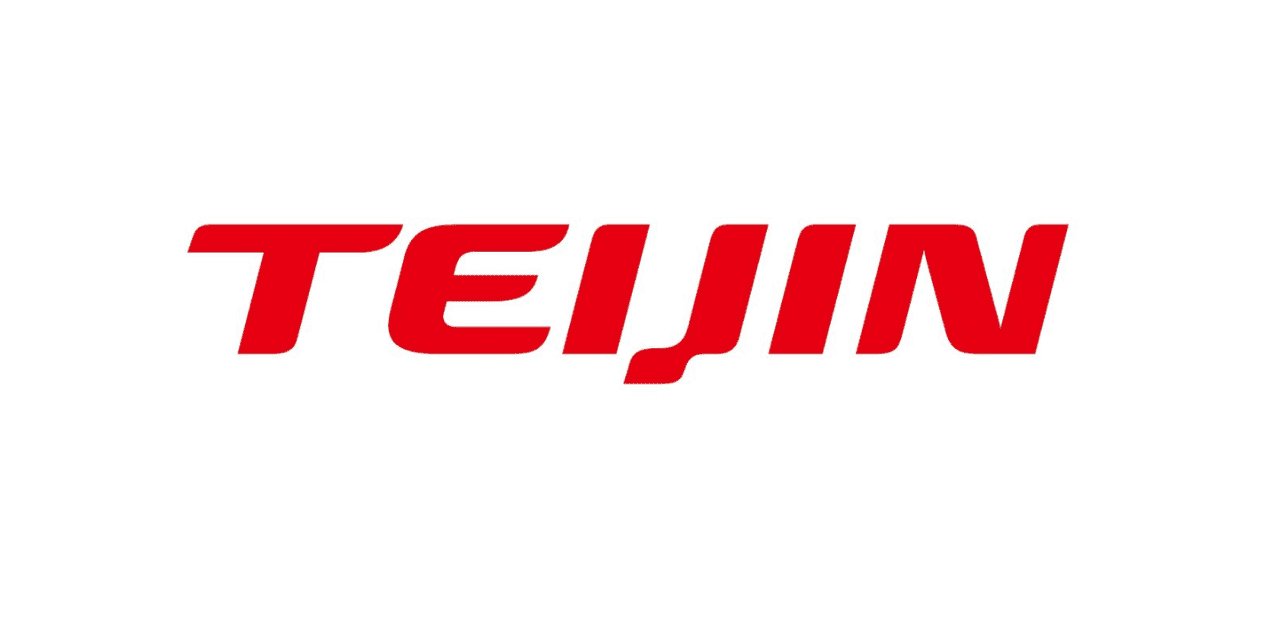Industry, governments, and academia are working to reduce environmental impact, particularly greenhouse gas (GHG) emissions, as a result of climate change’s significant effects on the world’s society and economy. These efforts are being made through energy conservation, the use of green energy, and life cycle assessments (LCAs).
The Teijin Group, a people-focused organisation, offers creative solutions for improved quality of life and strives to reduce any adverse effects on the environment or society through its commercial activities. Teijin defines environmental management as the process of minimising the environmental impact over the whole life cycle of a product, comprising all steps from the acquisition of raw materials through manufacture, usage, and disposal.
adaptation and mitigation of climate change
Teijin’s long-term environmental targets have been adjusted to an aggressive level with higher CO2 emission reduction targets. 30% lessening. with an additional goal of 15% emission reduction for the share of emissions that makes up more than two thirds of the total supply chain emissions. For us, paving the route towards a future that is carbon neutral has meant setting goals that are both ambitious and attainable. As the first Japanese chemical firm, the Teijin Group’s aims for GHG emissions are now recognised as Science Based aims (SBT). In order to considerably minimise the risks and effects of climate change, SBT aims to contribute to the Paris Agreement’s goal of keeping the rise in global temperature to well-below two degrees Celsius above pre-Industrial Revolution levels.
realising a circular economy
Teijin developed a formula to determine CO2 emissions during the All of Teijin’s carbon fibre products can now be subjected to Life Cycle Assessments (LCAs) thanks to the production of TenaxTM carbon fibres. Teijin was able to accomplish this first in the industry as a result of doing this. Teijin uses this technology to determine not just the carbon footprint of its own production operations, but also the manufacturing processes of its clients.
According to the relevant ISO standards 14040 and 14044, Teijin Aramid, a core aramid business of the Teijin Group with headquarters in the Netherlands, has reduced the carbon footprint of their para-aramid product named Twaron® by 28% since 2014. The Teijin Aramid Customer Benefit Model (CBM) was created to help determine the economic and environmental benefits of utilising Twaron®.
Teijin is likewise at the forefront of what is possible to meet demands in our ever transforming environment. We are influencing countless journeys all over the world by offering solutions to lower vehicle weight, which in turn helps cut petrol emissions and improves overall fuel performance. One of these options is TCA Ultra Lite®, a glass fibre reinforced plastic (GFRP)–based formulation with a specific gravity of 1.2, offered by Teijin Automotive Technologies. Sereebo®, a carbon fibre reinforced polymer, is another illustration. Traditional thermosetting resin-based carbon fibre reinforced plastic (CFRP) takes few minutes to several hours to mould, rendering it unsuitable for use in mass-produced automobile parts. However, we have been able to considerably cut these moulding durations by utilising thermoplastic resins. This has enabled Teijin to develop the first mass production system in the world capable of quickly moulding CFRP.
Additionally, the Teijin Group’s fibres and products converting business, Teijin Frontier, provides apparel manufacturers with a variety of products that aid in lowering CO2 emissions, such as ECOPET®, a recycled polyester fibre made from PET bottles and fibre scraps, and SOLOTEX®, a polymer made in part from ingredients derived from plants. In order to execute LCA, Teijin Frontier has also created a system to compute CO2 emissions during the production of polyester fibre. While collaborating with its partner businesses, it will gradually broaden the scope of its operations to include more textiles, such as those used for weaving and dyeing. evaluate the entire life cycle of polyester fiber products.Teijin is leading the way towards the goal of a carbon neutral future across industries.

